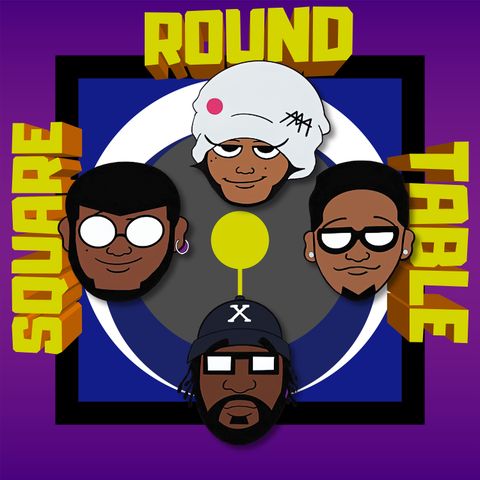A study suggests that enjoying horror media helps us safely prepare for real-world dangers, blending fear with pleasure.

During the pandemic, many sought escapism through media, yet some preferred content reflecting their current reality. This inclination to engage with pandemic-themed entertainment, such as TV shows and films, may help individuals process their experiences and find solace amid uncertainty.

Engaging with pandemic-themed films can enhance resilience by allowing viewers to confront and process fears in a controlled environment. This exposure helps individuals build emotional coping skills and better prepare for real-life challenges.

Join us as we talk about the science behind the horror genre. We discuss why we seek out things that a designed to scare us.

A grisly feast of scary British films is heading our way. Why now? Once seen as ‘video nasties’, many believe they have a positive role to play in a pandemic

Ella Rhodes of The Psychologist covers “When Fear is Fun 2021” hosted by Recreational Fear Lab in Denmark

Slizing in the scientific study of frightening leisure activities, Mathias Clasen, co-director of the Recreational Fear Lab at Aarhus University, dials in from Denmark to share how fear can be quantified and data used creatively to understand our ability to adapt to real-world danger.

You might think that horror movies are a delicious, trashy pleasure. But watching them has surprisingly wholesome effects.

Why do we like being scared? On this episode, Neil deGrasse Tyson and comic co-host Chuck Nice explore the haunting effects of horror and recreational fear with horror scholar and author, Mathias Clasen, and neuroscientist, Heather Berlin, PhD.

Human beings are the only species that seek recreational fear. Our obsession with this particular emotion has resulted in stories, films, books and horror attractions. But why do we deliberately scare ourselves in an already scary world? In this episode we explore why humans are fascinated with fear.

Watching horror movies boosts adrenaline and mood, researchers say. Here's the lowdown on jump scares, morbid curiosity, and the therapeutic benefits of being scared.

The making—and breaking—of the cheap thrills.
